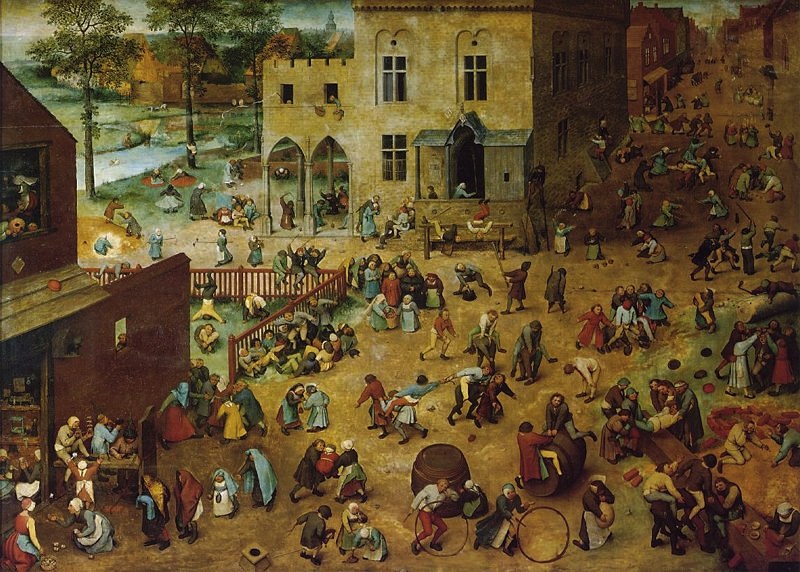What are you playing at?
Michael Dechane
 In my mid-twenties, in a time of profound personal crisis, I began trying to draw things. I wanted, as always, to write, but I could not write at that point—I could barely talk. It was the first time since early childhood I'd even made an attempt to draw anything: I knew by then I had no aptitude or natural skills as that kind of artist. What a surprising delight to find that I was better than I expected, even with just a tiny bit of instruction, some space to work, and a few hours of attentive play. I began to learn some of what I assume most beginning art students do: how to look; how to see the whole of a thing and its parts sandwiched between back and foregrounds; how the surface and texture of a thing suggests or conceals what is underneath and inside; how to estimate proportion, the size of a thing relative to another; how to direct the trajectory of the next stroke; how light on things makes shade; how a simple thing on a table can become beautiful—a wonder; how to take these things in, and then to render. It was fun—it was true play.
In my mid-twenties, in a time of profound personal crisis, I began trying to draw things. I wanted, as always, to write, but I could not write at that point—I could barely talk. It was the first time since early childhood I'd even made an attempt to draw anything: I knew by then I had no aptitude or natural skills as that kind of artist. What a surprising delight to find that I was better than I expected, even with just a tiny bit of instruction, some space to work, and a few hours of attentive play. I began to learn some of what I assume most beginning art students do: how to look; how to see the whole of a thing and its parts sandwiched between back and foregrounds; how the surface and texture of a thing suggests or conceals what is underneath and inside; how to estimate proportion, the size of a thing relative to another; how to direct the trajectory of the next stroke; how light on things makes shade; how a simple thing on a table can become beautiful—a wonder; how to take these things in, and then to render. It was fun—it was true play.
It is harder for me to say how this and other experiments with art (watercolors, carving, cooking, music, photography, filmmaking) have helped my work as a writer, but I'm convinced they have. The rudimentary skills I just described with my foray into drawing overlap or translate pretty directly into a good skill-set for writing, sure. More than anything related to the craft of writing, though, it is the play that has helped me, I think. Experiencing, maybe rediscovering, the joy of dabbling, of failing without cost, of being lost for a while in the act of making: it's playing when I can't (or won't) do the work of writing that has helped me most, though I can't (or won't) say how, exactly. It's too soft or sacred a thing to say directly.
Last summer, my wife bought me a thing I'd been wanting but didn't want to spend the money on. It's called an Olloclip, and it is a tiny set of interchangeable lenses that fit over the camera built into my iPhone. The set she got me has a fisheye lens, a wide-angle lens, and what I most wanted: a macro lens. The macro lens lets me take extreme close-up photos and video. It basically straps a 10X microscope to the HD camera in your pocket. I have spent hours inching my way across the living room shooting subjects I never saw as subjects before. The carpet. Rocks in the fish tank. My pant leg. You may have no idea how thrilling dirt and dust is, until you get real close to it. I would say Extreme Close-Up Vision is a pretty lame superpower for a superhero to have, except that all of my favorite authors seem to have it. May I get real close to you, right now, and ask in a 10X whisper: what are you playing at?
(Photo by Michael Dechane)

